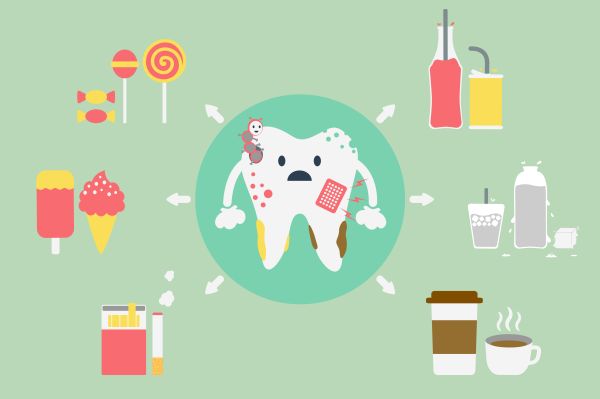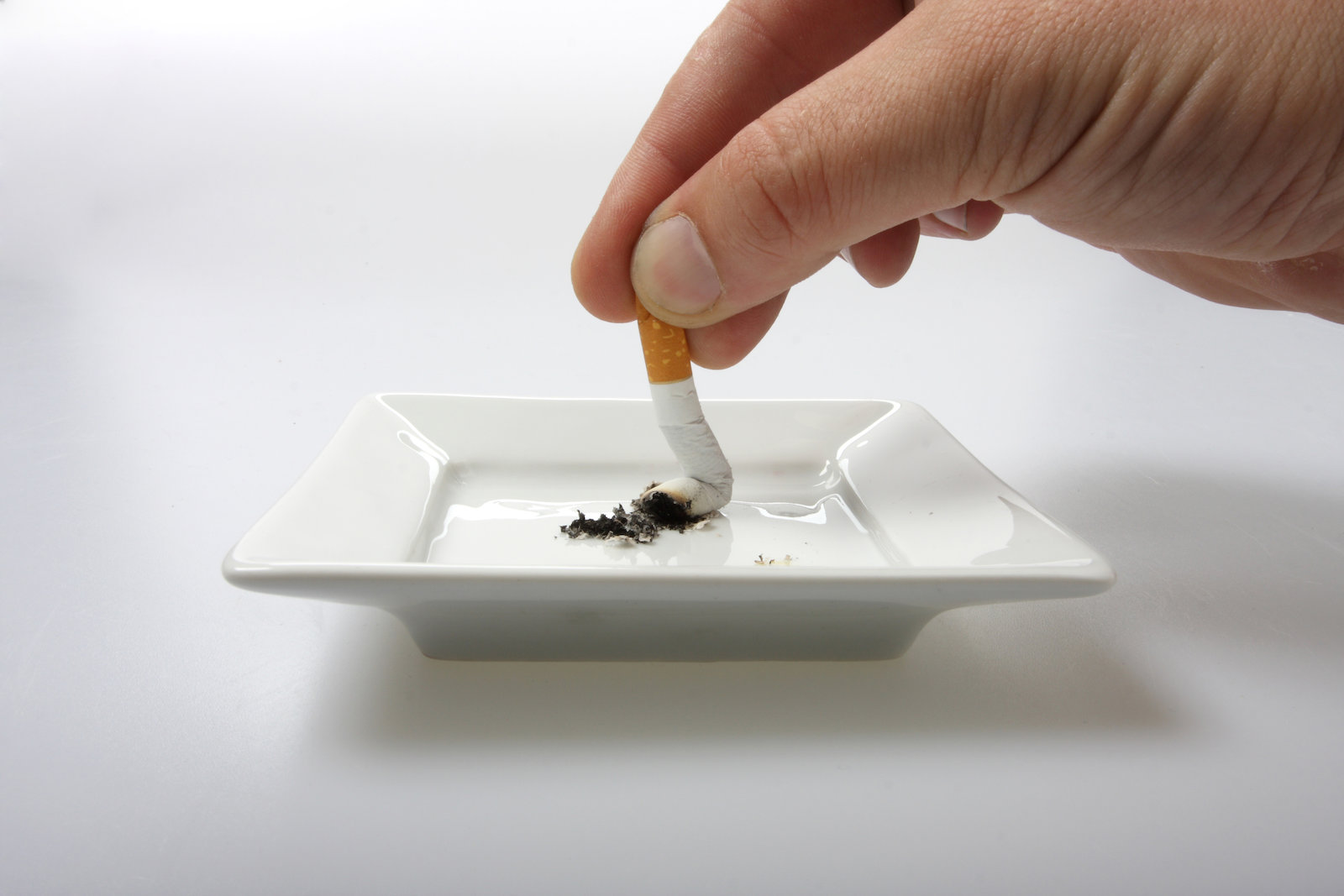Smoking Teeth And Gums: Understanding The Long-Term Effects
At St. George Dental Care, we are committed to providing quality healthcare to families in Southern Utah. A crucial part of our mission is educating patients on how lifestyle choices impact their oral health. One of the most significant factors is smoking. Did you know that smokers are twice as likely to have periodontal disease…


